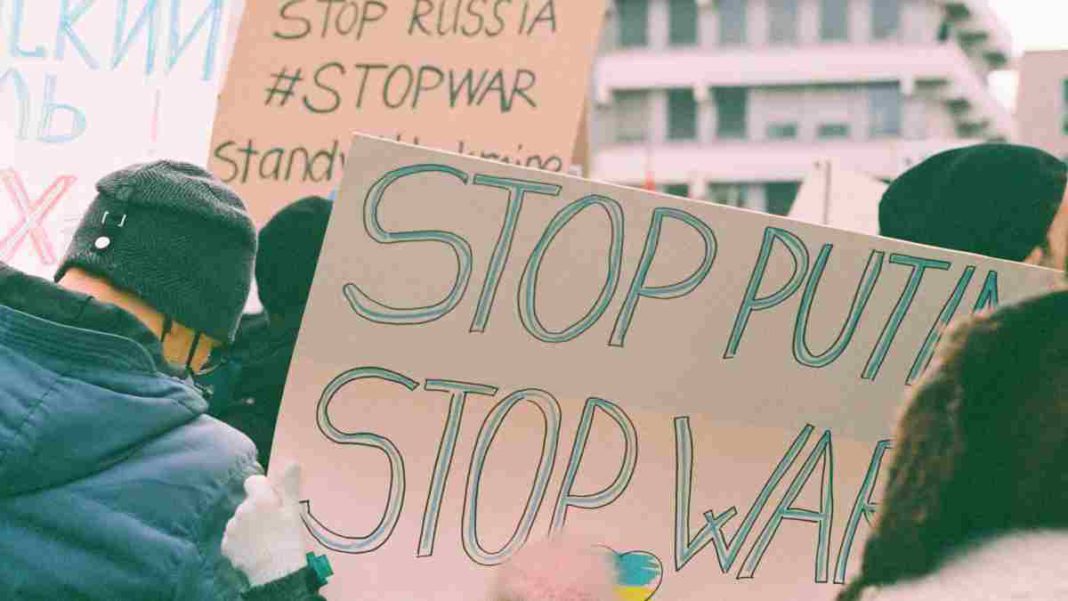NETHERLANDS: In a recent address, NATO Secretary-General Jens Stoltenberg reassured partners about NATO’s commitment to defending the territory of Belarus and expressed concerns over the deployment of Russia’s Wagner mercenary squad. Stoltenberg referred to the uprising as a “demonstration of weakness” in the leadership of Russian President Vladimir Putin, addressing the concerns raised by Eastern European members.
NATO has assured both Moscow and Minsk that it stands ready to protect all its ally nations. As part of its efforts to enhance defense capabilities, the alliance plans to deploy more high-readiness soldiers and bolster its capabilities. Lithuania’s President, Gitanas Nauseda, warned of the potential threat to stability posed by Wagner’s forces in Belarus.
The presence of Wagner’s troops has raised concerns about increased instability in neighboring countries, prompting the need for deterrence and forward defense. Germany has announced its intention to permanently station 4,000 soldiers in Lithuania, while Polish President Andrzej Duda has called on NATO to reinforce its eastern flank.
In response to the presence of Wagner chief Yevgeny Prigozhin, Poland has increased security at its border with Belarus.
Duda stressed the importance of addressing this significant and alarming issue, urging NATO to respond firmly. Exiled members of the group have been granted permission to reside in Belarus, courtesy of Belarusian President Alexander Lukashenko, who has also offered an abandoned military post for their use. Among those granted permission is Prigozhin.
Prigozhin offered asylum to a group whose fighters had withdrawn following a mutiny in Ukraine. These fighters had taken control of a Russian city and advanced toward the capital without facing any resistance. Prigozhin announced that Wagner is preparing to hand over its heavy weapons to the Russian military before July 1, aiming to resolve a conflict between Prigozhin and Russia’s military leadership.
Prigozhin extended sanctuary to a group that had retreated from the rebellion in Ukraine and had invaded a Russian city without encountering opposition. Discussions between Prigozhin and Russian military officials have taken place regarding Wagner’s readiness to transfer heavy weaponry to the Russian military before July 1.
The alliance is closely monitoring developments and considering the long-term implications of Wagner’s actions.
While the uprising in Russia is seen as an internal matter, the conflict in Ukraine has deepened divisions and heightened tensions. US President Joe Biden has made it clear that he will not provide Putin with any excuses to blame external events for the situation. Governments, both friendly and antagonistic, are seeking explanations for the ongoing events.
“We have unequivocally stated that we had no involvement in the situation. This is an aspect of the internal conflict within the Russian system,” he said.
Duda hopes that the threat posed by Wagner forces will be addressed during the NATO meeting in July.
Also Read: NATO Soldiers Wounded in Kosovo Clashes with Serb Demonstrators



